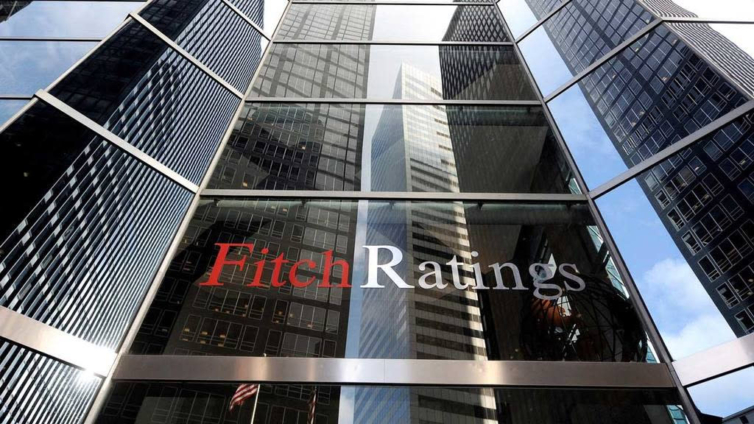Fitch Ratings has disclosed that global growth is showing near-term resilience but core inflation remains stubbornly high.
In its n its June Global Economic Outlook (GEO), it said central banks will have to continue tightening policy in the coming months.
With monetary policy adjustments and their impact on the economy proving more protracted, the rating agency said the global growth outlook for 2024 has deteriorated.
“World activity is holding up better than expected and Fitch has raised its forecast for global GDP growth in 2023 to 2.4%, from 2.0% in the March GEO”.
Fitch opined that the biggest upgrades have been to emerging markets (EM) where incoming data have been a lot stronger than expected.
“We have revised up EM ex-China growth for 2023 to 2.9% from 2.0% with Brazil, India, Mexico and Russia seeing substantive improvements. We have raised China’s 2023 forecast to 5.6% from 5.2% after a swifter-than-expected reopening rebound in 1Q23. The recovery has faltered somewhat in recent months but consumption continues to normalise and macro policy is starting to be eased”.
“We have also raised our US growth forecast for 2023 to 1.2% from 1.0% as consumption and jobs growth remain robust. We still expect Fed tightening to push the economy into a mild recession, but the timing of this has been pushed out to 4Q23-1Q24. Our US growth forecast for 2024 has, accordingly, been cut to 0.5% from 0.8%”, it added.
Also, eurozone growth forecasts for 2023 and 2024 are unchanged at 0.8% and 1.4%, respectively.
The European natural gas crisis has eased further but the ECB is tightening monetary policy more aggressively, Fitch said, adding “we still expect a UK recession in 2023 as higher interest rates increase the household debt-service burden”.
“We have lowered our world GDP forecast for 2024 to 2.1% from 2.4% in March, due to longer lags in the impact of higher interest rates, along with weaker base effects for EM growth”, it continued.
Headline inflation has fallen, but core inflation remains stubbornly high, perpetuated by rising services inflation.
Wage growth in the US and Europe has far exceeded rates consistent with inflation targets as labour markets remain tight.
Latest Stories
-
Gold Fields Ghana Foundation challenges graduates to maximise benefits of community apprenticeship programme
1 hour -
GBC accuses Deputy Information Minister Sylvester Tetteh of demolishing its bungalow illegally
2 hours -
Boost for education as government commissions 80 projects
2 hours -
NAPO commissions library to honour Atta-Mills’ memory
2 hours -
OmniBSIC Bank champions health and wellness with thriving community walk
2 hours -
Kora Wearables unveils Neo: The Ultimate Smartwatch for Ghana’s tech-savvy and health-conscious users
2 hours -
NDC supports Dampare’s ‘no guns at polling stations’ directive
2 hours -
Police officer interdicted after video of assault goes viral
2 hours -
KNUST’s Prof. Reginald Annan named first African recipient of World Cancer Research Fund
2 hours -
George Twum-Barimah-Adu pledges inclusive cabinet with Minority and Majority leaders
3 hours -
Labourer jailed 5 years for inflicting cutlass wounds on businessman
3 hours -
Parliament urged to fast-track passage of Road Traffic Amendment Bill
3 hours -
Mr Daniel Kofi Asante aka Electrician
3 hours -
Minerals Commission, Solidaridad unveils forum to tackle child labour in mining sector
3 hours -
Election 2024: Engagement with security services productive – NDC
3 hours

